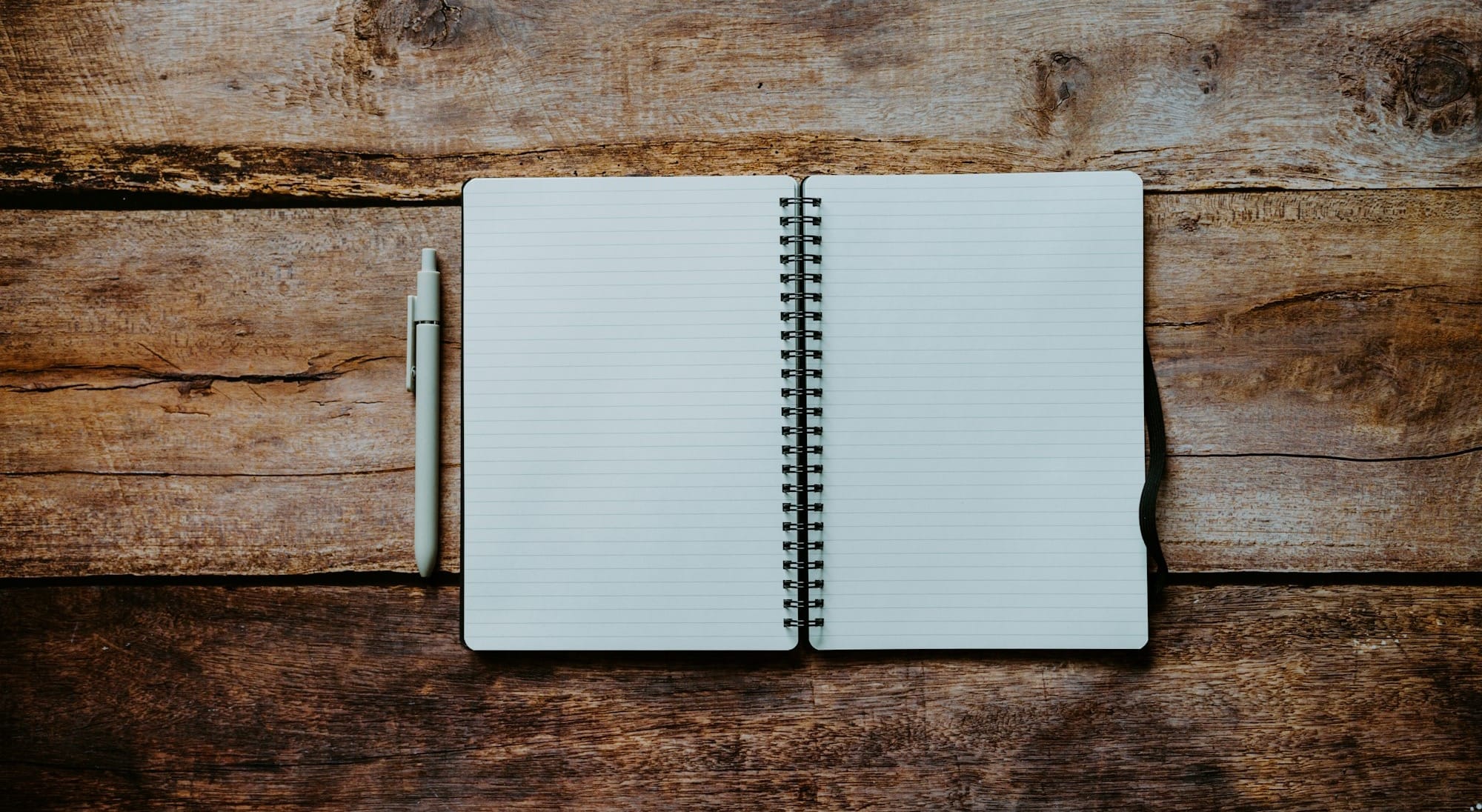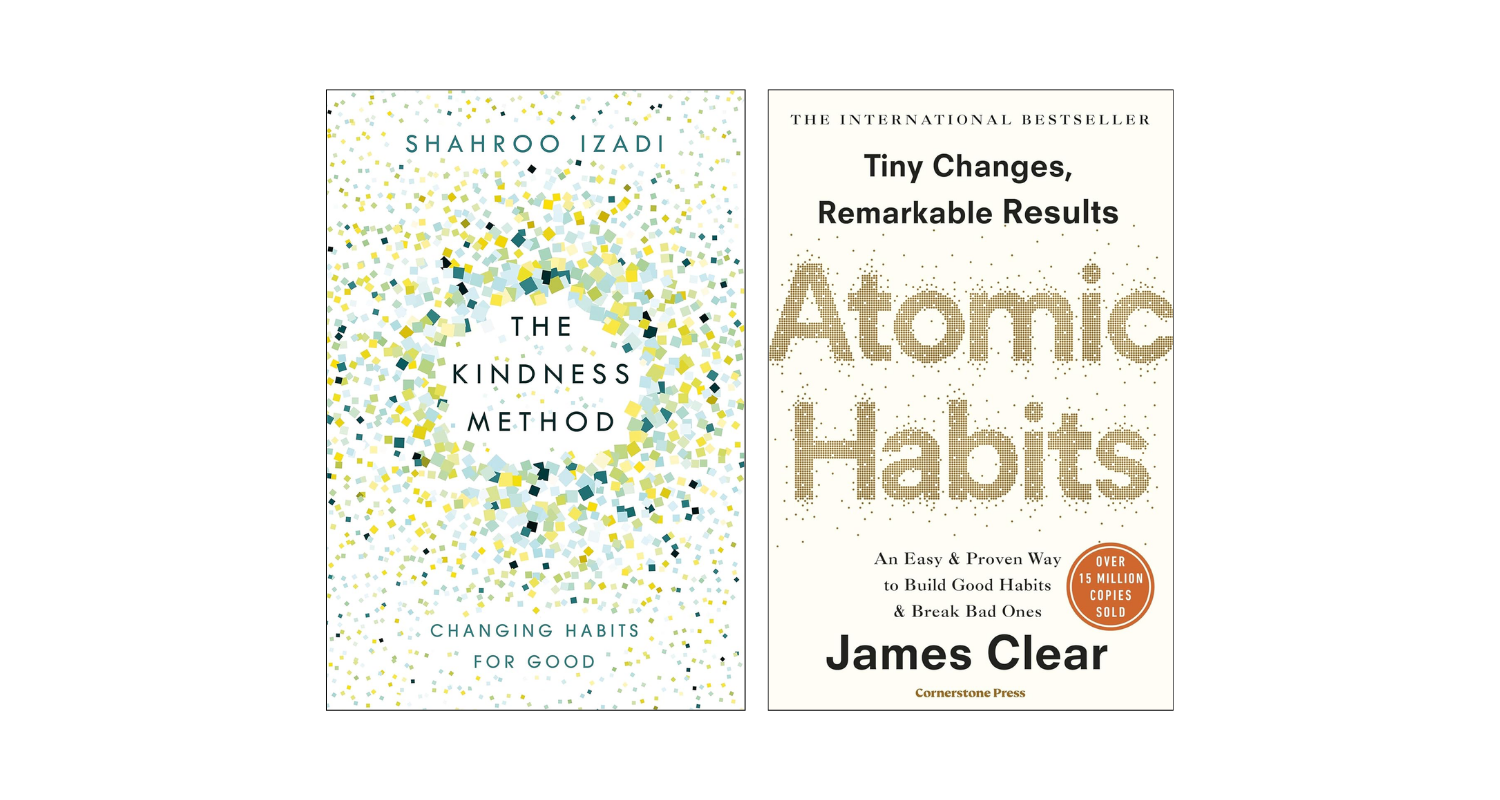How I Write: How do you make yourself write?
A question from a reader.

I'm an obsessive collector of writing routines. I subscribe to at least three podcasts that solely interview writers about how they do what they do (as well as a half dozen more where that's a substantial part of the discussion). I've read dozens of books on the topic, watched hundreds of Youtube videos. For a long, long time, reading about how other people did their writing was my favourite procrastinatory way of not doing my own writing. Hence the two shelves-worth of writing books behind me on the shelves right now.
But all that reading and listening and watching did serve a purpose. Ultimately it all formed an input into me figuring out my own process, which so far, six years after the day when I decided I really needed to actually figure this shit out, is working very well indeed.
A reader emails
One of the reasons that I write about my own writing practice so much is because, when I was figuring this stuff out, I was incredibly grateful for the sheer number of examples and suggestions I was able to find online. Writers often love to talk about this stuff, because we're all just making it up as we go along to some degree, and just occasionally, a post can hit the right person at the right time and help them. I don't post writing process stuff as a One True Way to do things, because that doesn't exist. But having plenty of examples to choose from is a net good, I think.
It was gratifying, therefore, to get an email from a reader, asking a specific question after they'd read my most recent writing routine post.
I'm looking to create a sustainable writing routine for myself for the future as I am approaching my last year as a student (& first year as a published author). Similarly to you, my writing has always been sporadic and unsustainable, and since completing my first novel, I've had major frustrations getting back into the habit on novel drafting. With your routine, is it more about "forcing" yourself to sit down and do the work or having a clear vision of what you're going to do due to planning the day prior with your recorder walk? Do you give yourself motivation in the form of a reward—how specifically *did* you shift your mindset into "get the work done if you want to be an author" mode?
This is a fascinating question, both for what it's asking and how it's phrased. When I got the email, I contacted the reader and asked if I could use their email as the basis of this post, because I think it offers a really interesting frame for a bunch of challenges and preconceptions about what a writing routine is and how you establish one.
Let's talk routines
I post about my writing routine a bunch, as well as talking about it on podcasts. I'm overdue for an update on how I'm currently doing things, because it does change over time, but I've gotten used to a certain open-mouthed stare when I describe what I do, how I do it and why it works for me.
Sometimes, that's because of the early hour that I write. Sometimes it's when I describe the consistency of the routine, or the word counts that result. I've been called 'incredibly prolific' and 'astonishingly productive' (even when my annual word count halved due to the pressures of launching my first book) as well as being described as 'very disciplined' and 'admirably focused' and 'having incredible willpower'.
When people say these things to me, I sort of uncomfortably shrug and mutter things about habits. I feel a little guilty holding myself up as some kind of paragon of productivity or willpower, for two reasons. Firstly, the ability to do what I do is built on a shedload of foundations that are nothing to do with my personal discipline - my age, my family support, the stability of my home life, my ability to work from home. And secondly, frankly, willpower doesn't really factor into what I do now, any more.
No but seriously though, how do you make yourself write?
The question above is very interesting to me because of the options proposed, namely 'forcing yourself', 'having a clear vision' and 'rewarding yourself'. That's not an exhaustive survey of techniques that might help you actually sit down and write, but those are three very commonly suggested methods.
What they all have in common is a base assumption that making yourself write is actually the goal. These methods all come from a framing that sees writing as a very hard task requiring motivation and focus and effort and capital-D-discipline.
And it is! Writing can be really hard, mentally taxing work.
However, it's my contention that easily 70-90% of the struggle of writing has nothing to do with the actual movement of your fingers on the keyboard.
Damming the path of least resistance
There's a famous book called The War of Art which takes this idea to its logical extreme, which is that any creative act is a blow in a neverending war with yourself to produce art, fighting an insidious and creative enemy that the author, Steven Pressfield, calls 'Resistance', the unseen force that stops you doing what you claim to want to do.
When I was in my peak 'hit a daily word count, write every day' burnout-inducing failed attempt to write regularly in my early twenties, I took this quite strongly to heart, and I'd occasionally have exhilarating 'victories' in this neverending war, a week or three where it all came together and, in a great gout of sudden loquacity, I'd write fifteen or twenty thousand words. It 'worked', after a fashion. I wrote six or seven novels this way. But inevitably, I'd falter and have a bad day, and the all-or-nothing thinking encouraged by this worldview would mean the metaphorical front collapsed, my troops retreated and I went off to sulk for a few months, during which I was deeply unhappy.
The issue for me is that in this worldview, my energy and motivation acts like water pouring down a mountain - it finds and follows the path of least resistance. With titanic effort and focus I was able to briefly dam it up, create a little pool of productivity and feel that, this time, I'd overcome my own weaknesses and found a deep reserve of willpower that I could use to make this work long term. But the dam would always crack, eventually, then the water would roar back down the metaphorical mountainside, following the easiest path - doomscrolling, gaming, watching Youtube until 1 in the morning, you name it. Anything but writing.
Crucially, this wasn't a 'failure' of willpower or effort on my part. It was a function of habit and conceptual bias.
A little reading
Here's a couple of books that helped me figure this out:

Both these books have sold hundreds of thousands or millions of copies, and for pretty good reasons. They're the rare self-help books that actually contain some pretty well-structured, useful ideas. I'll save you the reading though. What they boil down to is these two ideas:
- The Kindness Method - If beating yourself up worked as a method to change your behaviour, it would have worked already, since it's most people's default. So, maybe try... not?
- Atomic Habits - If you want to change your behaviour and meet your own goals, you need to systematically change the environment around you and the options within reach to make it easier to do the thing you actually want to do.
I read these two books within a few months of each other and they sort of clicked together in my head in a way that made a lot of the dynamics I'd been trying unsuccessfully to change suddenly far, far clearer.
Don't build a dam, redirect the river
You've only got so much energy and time in a day. Every person's challenges and obstacles to writing are different, so there's no single rubric I can give you to help you with this task, but I suspect if you sit down and write it all out, you'll be able to readily identify what it is in your life that makes it difficult to focus, to write and to achieve the goals you've set for yourself.
In each case, following the Atomic Habits method, you look for the obstacle, then work out the best way to remove it and smooth the path down the mountainside for your energy and focus.
- If you struggle to write when you're tired, try writing at a time when you're not tired (or at least less tired). And if you're never not tired, consider whether you need to prioritise sleep more than you do - we all do, let's be honest, and when you first start really prioritising sleep the effects can be really quite startling.
- If you find yourself dreading writing or avoiding it all day, try making it the first thing you do each day - systematically remove the steps and activities and chores and hobbies and distractions that give you time to dread a thing you allegedly want to do.
- If you find yourself depressed by low word counts or feeling like you're on a never-ending death march towards an unattainable daily production quota, consider measuring something other than words.
- If you hate writing every day, write every other day, or only weekdays, or only weekends, or once a month on a two day retreat. Whatever works, feels good and is repeatable.
Once you've done that practical exercise of identifying the obstacles in your way, i.e. making it as easy as possible to do the work you want to do, the next step is the Kindness Method one - which is acknowledging that it is impossible to fail at writing.
You can miss a day, a week or a year. You can write for twenty minutes when you meant to write for an hour. You can look up from your phone and realise you've scrolled social media for half your writing time.
Your natural inclination in these situations will be towards self-flagellation. I am a bad writer. I have failed to write. I will never succeed at this. It is a pipe dream. I'm an idiot. I'm a bad person.
If you were talking to a writer friend who admitted to you they'd been struggling in this way, would you say any of the above to them? Of course you wouldn't. Because it's incredibly fucking mean, counterproductive and untrue.
So why do you say it to yourself?
You can't fail at writing. You can always pick it up again. And the quicker you do, the less time you waste on pointlessly beating yourself up, the more days-in-aggregate you will get and the closer you'll be to where you want to be.
Chilling by the lake
So here we are, sitting at the bottom of the mountain, by our metaphorical lake of productivity, which we created by redirecting our energy and effort in a way that makes it as easy as possible to write (by removing obstacles) and as easy as possible to resume writing (by removing or reducing the instinct to beat ourselves up).
How did I do this? Like I said, what works for me may not work for you, but I'll provide my specific set of habits as an example. And I'll expand this in a later post about my current writing routine.
So here's the steps I personally took:
- I get up very early and write before anything else - before my morning walk, before my day job, before any commitments to anyone else. The only things that happen before I start typing each day are showering, getting dressed, feeding my cats and making a cup of tea. My consciousness-to-typing time is usually less than thirty minutes.
- I write for a time period, rather than to hit a specific word count. That time period is 90 minutes, which I've found is the best balance between the time I have available and the likelihood I'll get productive work done.
- I outline my books at a high level so I have an overall plan and micro-outline a week or so in advance (down to scene/plot beat level) so that I can flexibly adapt if cool ideas come up. It's not hardcore outlining and it's not hardcore discovery writing either. It's somewhere in between.
- I write about my process, both publicly here on the blog and also privately, in a monthly journal that I keep where I talk about how the month has gone, what's working, what's not working and what I might need to tweak. This awareness and (crucially) having the record of how things has changed has been an enormous part of how I've succeeded I think.
- Finally, I have acknowledged that writing on a computer is a source of distraction for me. I use an app called Focus to block all websites except for those I actually use for research and writing (Wikipedia, Onelook thesaurus, my writing tracker, Google search and a handful of other things like Behind The Name). Crucially, it also blocks apps like Discord and Slack, because those can burn time like nobody's business. It's timed and automatic, turning on for 90 minutes at the start of my writing time. And it's very, very hard (the way I have it set up) to get around.
Resist the myth-making
It's also not a specific thing I do, more like an attitude, but I think it's an important one - I don't treat writing as mystical. I see this a lot among novice writers, the tendency to talk about writing in hushed and reverent tones, which is at least part of why I think so many people treat failure to write as some kind of penitential sin, worthy of guilt and punishment. For me, writing is a craft and an art form and a fun thing I love to do. But I firmly believe that treating it as mystical and unknowable and buying into the myth that writing is supposed to be painful and hard does far more harm than good.
The outcome
All of the above has led me to where I am today, which is shrugging uncomfortably when people call me 'disciplined'.
Because the truth is that I'm no more strong-willed than you are. I've just been doing this long enough, consistently enough that my brain has formed new grooves.
Your brain is malleable too. Your thought patterns and your beliefs about yourself can change. And motivation isn't what creates action. It's the other way around. Action creates motivation.
Identify your obstacles and make writing the easier option, in any way you can.
Change your environment to support writing - time, place, equipment, distractions and disruptions.
And for the love of all that's good in the world, please be nice to yourself.
